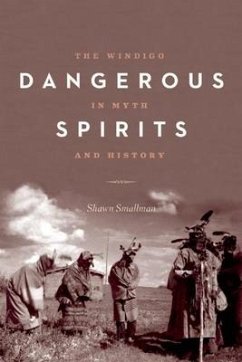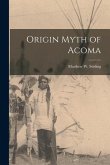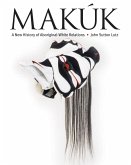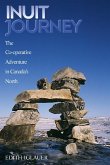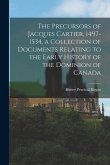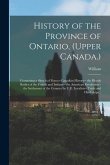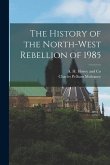The windigo is a cannibal spirit prevalent in the traditional narratives of the Algonquian peoples of North America. From Labrador in the north to Virginia in the south, and from Nova Scotia in the east to the Rocky Mountains in the west, this phenomenon has been discussed, feared, and interpreted in different ways for centuries. Dangerous Spirits tells the story of how belief in the windigo clashed with the new world order that came about after European contact. Dismissing the belief as superstitious, many early explorers, traders, and missionaries failed to understand the complexity and power of the windigoboth as a symbol and as a threat to the physical safety of a community. Yet, judging by the volume of journal entries, police records, court transcripts, and other written documents about windigo cases witnessed recounted by Euro-Canadians over three centuries, it was a matter that perplexed outsiders greatly. Drawing primarily on these written documents, historian Shawn Smallman does not seek a logical explanation for what was believed to be a supernatural phenomenon. Rather, he asks how windigo narratives reflected the societies in which they were told and how the arrival of colonial authorities changed these narratives. How did the outsiders who heard these stories understand them, and how did they use the windigo to further their own political, economic, and religious goals? In a contemporary context, why have ethnic groups outside the Algonquian world appropriated the symbol of the windigo, and how have First Nations artists and writers reclaimed it? In an age where both Indigenous and non-Indigenous people are demanding truth and seeking reconciliation, Dangerous Spirits is a revealing glimpse into cross-cultural (mis)communication and the social and spiritual impact of colonialism.
Hinweis: Dieser Artikel kann nur an eine deutsche Lieferadresse ausgeliefert werden.
Hinweis: Dieser Artikel kann nur an eine deutsche Lieferadresse ausgeliefert werden.

